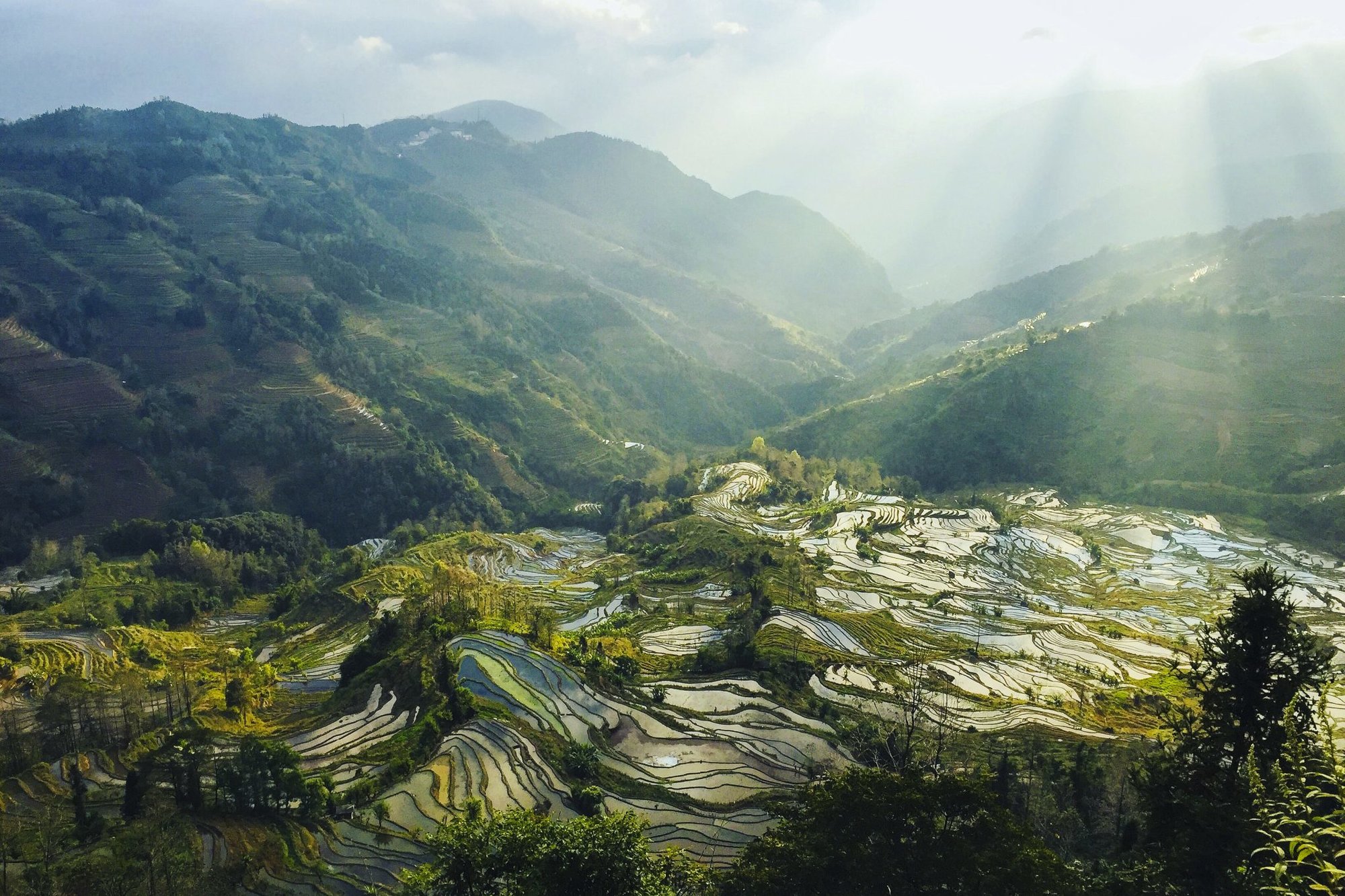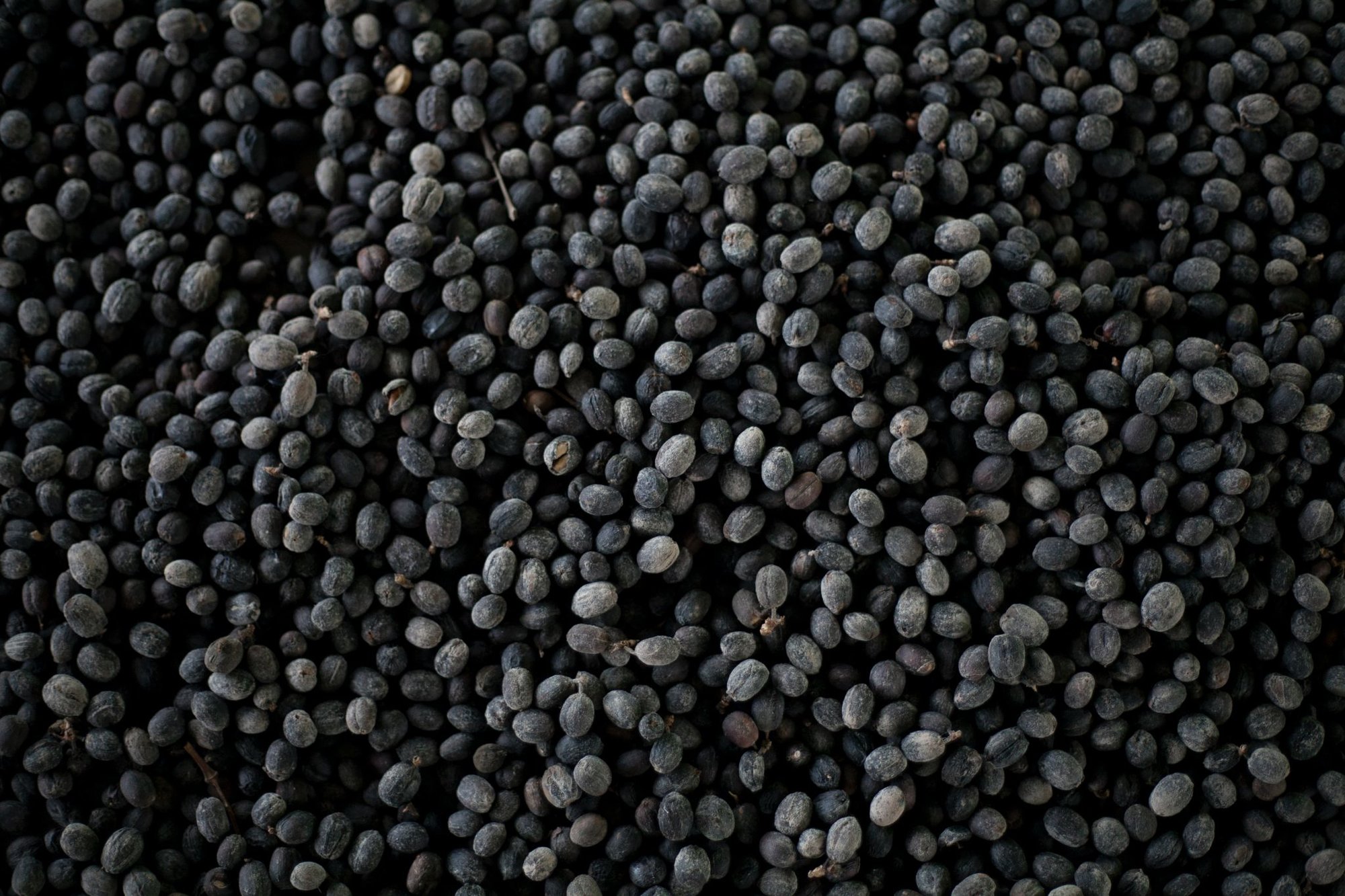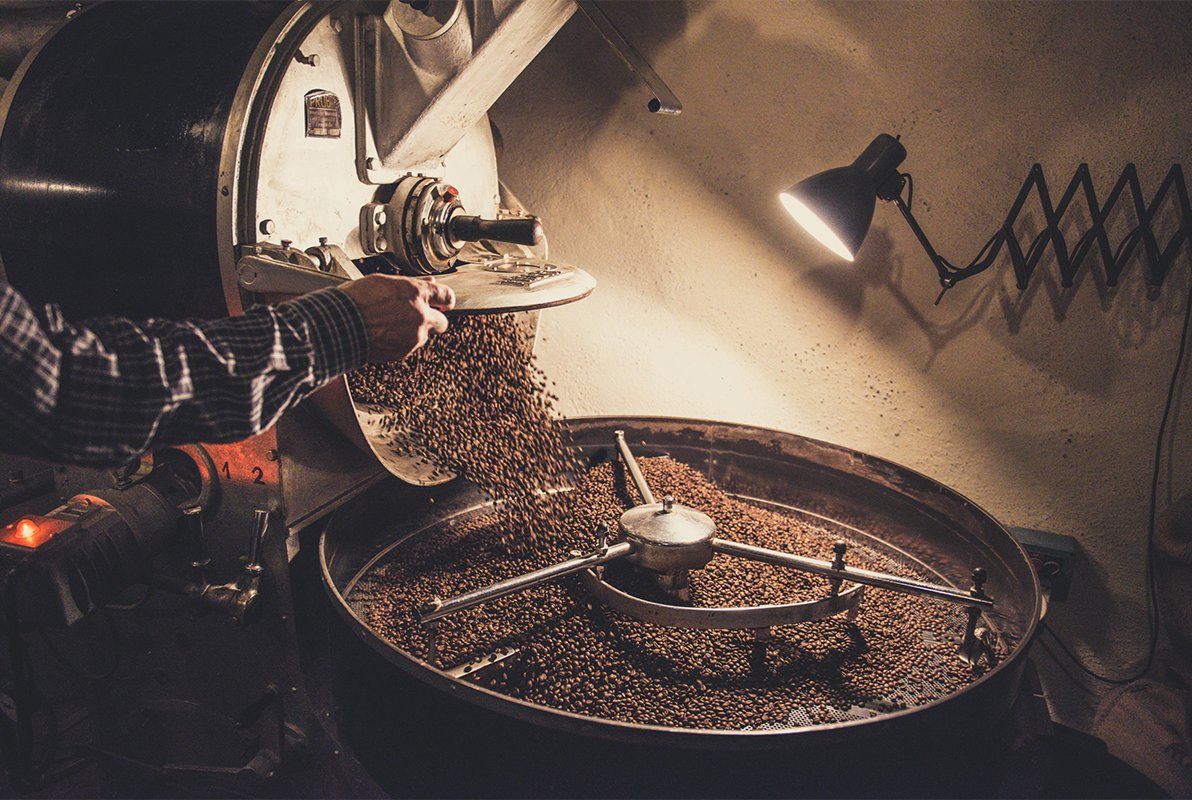Yunnan Coffee: Are These Sweet Chinese Beans the Next Big Thing?

With its unique flavor profile, coffee from China’s Yunnan province is making waves in the specialty coffee industry at the moment. Photo by Anna Coco on Unsplash.
When one is asked to consider coffee-producing nations, China may never cross the average person’s mind, and perhaps this is justified. Many of us associate the Asian nation with the several varieties of tea they export globally: the cups of steaming jasmine served at restaurants boasting authentic Szechuan cuisine, Mason jars of dried oolong leaves lining the walls of health food stores, or even elaborate Chinese tea sets consisting of ceramic pots and diffusers painted with floral designs being sold at flea markets. While tea might still be the country’s beverage and export of choice, China’s production of coffee has been a slow but steady process that owes its success to one region in particular: Yunnan.
Yunnan might ring a bell to those familiar with China’s politics. The province is famed for its diversity with 25 Chinese ethnic minority groups calling it home and 60-some dialects and languages being spoken on a daily basis, but its variety isn’t limited to its people. The mountainous topography of the region boasts biodiversity in the form of over 5,000 species of plants proliferating across its snowy massifs, trickling down its many rice terraces, and inhabiting the crystal blue lakes and winding gorges of the area. Coffee may be just one of many crops grown, but it’s certainly one of its most unique.

How Coffee Came to China
Located in the southwest corner of China, Yunnan borders Myanmar, Laos, and Vietnam, all countries renowned for their coffee production as well as their cafe culture. Much like that of its neighbors, Yunnan’s coffee originated in the late 19th century after French missionary Father Alfred Lietard, who used the Chinese name Tian De Neng, sought to create a personal cup for himself by planting Arabica beans in the valleys and villages near the city of Binchuan. However, it took a few tries for the plant to gain traction in the area.
After Tian’s experiment, coffee from Myanmar was imported to create a small-scale farm in the 1950s, but by the 1970s, coffee production had decreased significantly. Some suspected coffee rust was the primary culprit for the drastic decrease, so the region’s top agricultural institution — Dehong Tropical Agricultural Institute of Yunnan — sought to solve the problem by introducing rust-resistant plants to the area. The Coffee Rust Research Center and the Tropical Research Institute in Portugal provided Catimor, which ultimately won out over other rust-resistant varieties to become the sole coffee crop of the area.
Seeing the potential in coffee’s production, the Yunnan provincial government teamed up with Nestle in 1988, hoping to turn it into their next cash crop — an endeavor that continues to have its fair share of challenges but has proved to be worth the region’s investment.

Coffee in Yunnan Today
Today, Yunnan accounts for roughly 95% of China’s coffee yield, with the remaining crop being grown in Hainan and Fujian. While the latter two provinces are known for their production of Robusta used for instant coffee, Yunnan maintains its position as the top producer of Arabica coffee in China, and is best known for exporting its green coffee globally. Typical coffee farms consist of roughly 5,000 trees spread across a hectare. While plantation-style, sun-grown coffee is the most common, farmers and agronomists like Hu XiXiang have taken to planting shading trees in order to fend off frost and other environmental factors that have proved problematic for coffee growth. Catimor continues to be the crop of choice and is so vigorously cultivated that it’s increased the export of Chinese coffee from 7.6 million to 158 million pounds kilograms in just 20 years from 1994 to 2014. These impressive numbers have put China in the top 20 coffee producers as of 2016.

Yunnan’s beans have been shipped globally, and local traders have partnered with the likes of Nescafé, the Coffee Quality Institute, and Starbucks to ensure continued international trade as well as a better livelihood for their farmers. This specialty coffee has been a staple of third-wave cafe culture across America since 2018, a trend that most experts agree will only continue as the coffee gains exposure.
Due to its proximity to the Tropic of Cancer, Yunnan has a climate that draws comparison to that of Indonesia and Colombia, but the province’s unique latitudinal position creates an interesting complexity in its bean. Due to the lower temperatures that occur at higher altitudes at night, the coffee faces a slower maturation process. This creates an overall sweeter bean upon yield. Additionally, the elevation allows for better draining of the plants, leaving the flavors in Yunnan’s coffee more concentrated with lower levels of hydration. The beans from the region have a mix of phosphoric and malic acid that gives Yunnan coffee a fruity and bright flavor.
With its unique flavor profile and the region’s conservative efforts to advance its farming, Yunnan coffee’s popularity is growing in the specialty coffee industry. For those interested in trying it, a number of specialty shops both embracing artisanal coffee and Chinese culture are known to sell it, and some will ship it to your door.
Read Next: A Costa Rican Journey To Explore the Roots of a Favorite Roast

BRCC and Bad Moon Print Press team up for an exclusive, limited-edition T-shirt design!
BRCC partners with Team Room Design for an exclusive T-shirt release!
Thirty Seconds Out has partnered with BRCC for an exclusive shirt design invoking the God of Winter.
Lucas O'Hara of Grizzly Forge has teamed up with BRCC for a badass, exclusive Shirt Club T-shirt design featuring his most popular knife and tiomahawk.
Coffee or Die sits down with one of the graphic designers behind Black Rifle Coffee's signature look and vibe.
Biden will award the Medal of Honor to a Vietnam War Army helicopter pilot who risked his life to save a reconnaissance team from almost certain death.
Ever wonder how much Jack Mandaville would f*ck sh*t up if he went back in time? The American Revolution didn't even see him coming.
A nearly 200-year-old West Point time capsule that at first appeared to yield little more than dust contains hidden treasure, the US Military Academy said.












